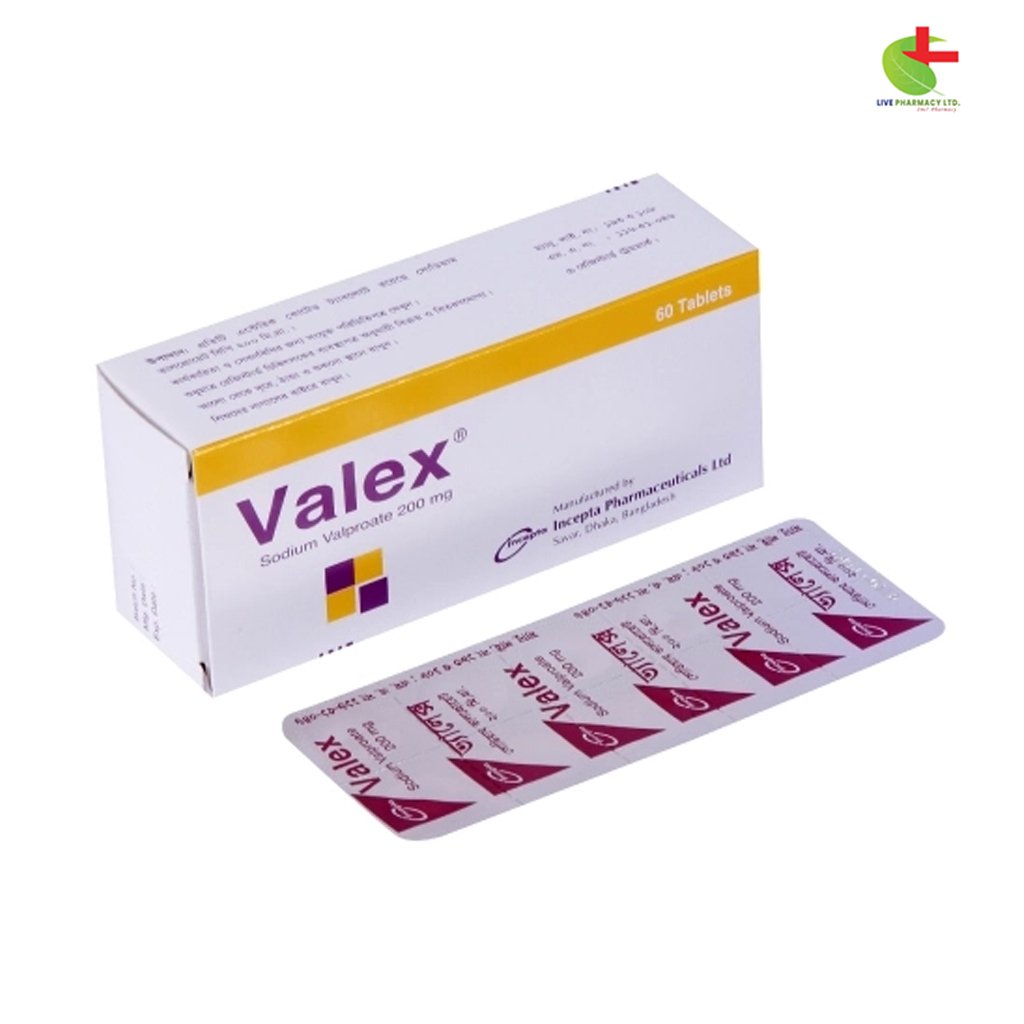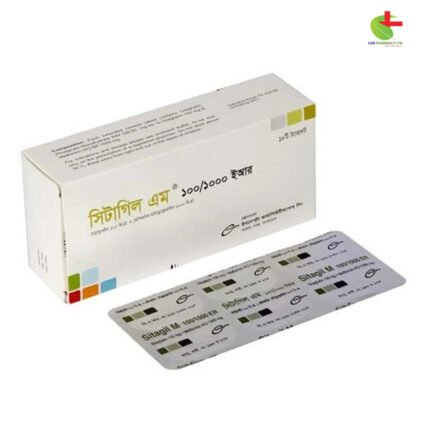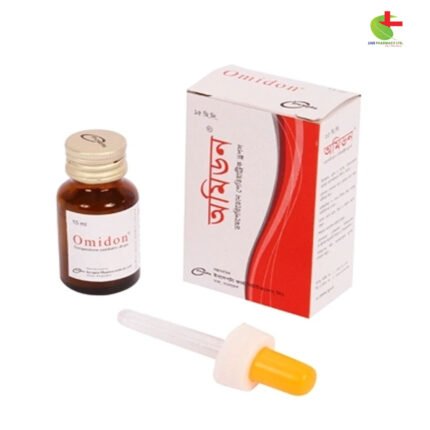Valex 200
40.00৳ Strip
- Valex Vaiproate is used to treat various types of epilepsy, including partial, generalized tonic-clonic, and absence seizures.
- It is also indicated for the prevention of febrile convulsions and migraine prophylaxis.
- Contains Sodium Valproate, which helps control seizure activity by increasing GABA levels in the brain.
- Additionally, it is prescribed for managing bipolar disorder.
- Available in multiple forms: tablets, syrup, and injection.
- Always follow the guidance of a registered healthcare professional for proper use.
 Brand
Brand
|
Incepta Pharmaceuticals Ltd |
|---|---|
 Generics
Generics
|
Sodium Valproate |
 Type
Type
|
Tablet |
Indications
Valex Vaiproate is prescribed for the treatment of various types of epilepsy, including:
- Partial seizures
- Absence seizures (petit mal)
- Generalized tonic-clonic seizures (grand mal)
- Myoclonic seizures
- Atonic seizures
- Mixed seizures involving absence attacks
- Prophylaxis of febrile convulsions
- Prophylaxis of post-traumatic epilepsy
In addition to epilepsy, it is also indicated for the management of bipolar disorder and as a migraine prophylaxis.
Always follow the advice of a registered healthcare professional when using this medication.
Composition
Sodium Valproate Tablets: Each enteric-coated tablet contains 200 mg Sodium Valproate BP.
Sodium Valproate Syrup: Each 5 ml contains 200 mg Sodium Valproate BP.
Sodium Valproate Controlled Release 200 mg Tablet: Contains 200 mg Sodium Valproate, comprising 133.2 mg Sodium Valproate BP and 58 mg Valproic acid BP.
Sodium Valproate Controlled Release 300 mg Tablet: Contains 300 mg Sodium Valproate, comprising 199.8 mg Sodium Valproate BP and 87 mg Valproic acid BP.
Sodium Valproate Controlled Release 500 mg Tablet: Contains 500 mg Sodium Valproate, comprising 333 mg Sodium Valproate BP and 145 mg Valproic acid BP.
Sodium Valproate Injection: Each 5 ml injection contains 500 mg Sodium Valproate BP (equivalent to Valproic Acid).
Pharmacology
The active ingredient, Sodium Valproate, is a potent anti-epileptic agent with activity against a wide range of seizures. Its precise mechanism of action is not fully understood, but it is believed to enhance the levels of gamma-aminobutyric acid (GABA) in the brain, which plays a role in suppressing abnormal neuronal activity.
Dosage & Administration
Oral Administration:
Sodium Valproate can be taken once or twice daily in tablet form, or the syrup can be taken in divided doses.
For Epilepsy:
- Adults: Start with 600 mg/day, increasing by 200 mg every 3 days to a maximum of 2.5 g/day, adjusted until seizure control is achieved. Maintenance is typically 1-2 g daily (20-30 mg/kg).
- Children (over 20 kg): Begin with 400 mg/day, increasing until seizure control is achieved (typically 20-30 mg/kg). Maximum dose: 35 mg/kg/day.
- Children (up to 20 kg): Start with 20 mg/kg/day in divided doses.
For Febrile Convulsions: 20-30 mg/kg/day in 3 divided doses.
For Bipolar Disorder: Start with 600 mg/day (20-30 mg/kg), increasing to a maintenance dose of 1000-2000 mg/day.
For Migraine Prophylaxis: Typically 400-600 mg/day, though some may require 1000-1500 mg/day.
Injection Administration:
- Adults: Administer as a slow intravenous injection over 3-5 minutes, starting with 400-800 mg, followed by continuous infusion up to 2500 mg/day.
- Children: Initial dose is 20-30 mg/kg/day, with a maximum of 40 mg/kg/day. It can be given as direct IV injection or via infusion using compatible fluids (e.g., 0.9% Sodium Chloride or 5% Dextrose).
Interactions
Valex Vaiproate can interact with several medications, including Phenobarbital, Phenytoin, Warfarin, and Aspirin, potentially affecting drug metabolism. Always inform your doctor of other medications you are taking.
Contraindications
Sodium Valproate is contraindicated in patients with a known hypersensitivity to the drug or liver dysfunction. It should not be used during pregnancy or in women of childbearing potential unless absolutely necessary.
Side Effects
Common side effects include:
- Anorexia, nausea, and vomiting, which are minimized with enteric-coated tablets.
- CNS effects such as sedation, ataxia, and tremor may occur but typically respond to dose adjustments.
- Rash, alopecia, and increased appetite are occasionally reported.
- Liver enzyme elevation may occur in up to 40% of patients, usually asymptomatically in the first months of treatment. Fulminate hepatitis (rare but potentially fatal) may develop, especially in children under 2 years of age or those on multiple antiepileptic drugs.
- Acute pancreatitis and hyperammonemia are also noted in some patients.
Pregnancy & Lactation
Sodium Valproate crosses the placenta and its use during pregnancy (especially in the first trimester) is associated with neural tube defects like spina bifida and anencephaly. If treatment is necessary, monitoring of serum alpha-fetoprotein is advised.
Sodium Valproate is excreted in breast milk, but breastfeeding is generally considered safe.
Precautions & Warnings
- Liver function should be monitored before starting therapy and during the first 6 months, particularly in at-risk patients.
- Renal impairment, pregnancy, and breastfeeding require caution.
- Avoid sudden withdrawal of therapy.
- Systemic lupus erythematosus (SLE) patients should use Valex with care.
- Valex may interfere with urine ketone tests.
- Bleeding risk should be assessed prior to major surgery.
Therapeutic Class
Primary anti-epileptic drugs.
Storage Conditions
Store below 30°C in a dry place, away from light. Keep out of reach of children. Do not use after the expiration date.













Reviews
There are no reviews yet.